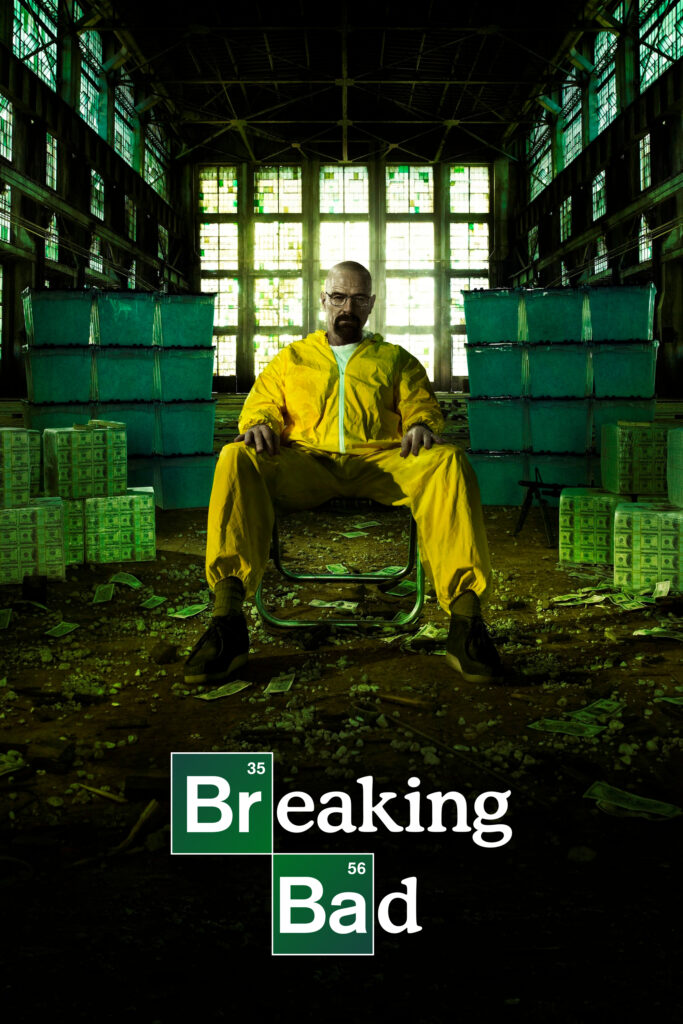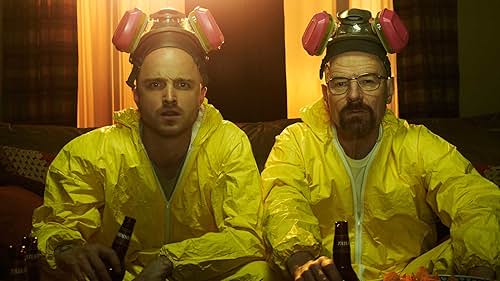Breaking Bad Christian Review

“Breaking Bad” is a series that plumbs the deepest recesses of human nature and morality. At the heart of this subject is Walter White, who develops from a character with whom one has sympathy to a character shrouded in darkness. Brilliantly played by Bryan Cranston, Walter’s journey from a desperate teacher to a formidable drug lord is at once captivating and unsettling.
The Initial Temptation
All this was triggered by a terminal diagnosis handed to Walter White: terminal lung cancer. For bad news such as this holds up a mirror to a very old kind of fear within him—that of leaving his family in penury. In genius chemistry, Walter sees, in the trade of methamphetamine, an opportunity to secure his family’s financial future, albeit by illegal means.
Descent into Darkness
What follows is a thriller of moral compromise: what started off as Walter’s desire to secure his family’s future dissolves into tangles in the glamorous world of money and power. He finds an accomplice in Jesse Pinkman, another of his former students and small-time meth cook, spiraling into a world of crime and danger.
Themes of Sin and Its Consequences
From the Christian perspective, “Breaking Bad” becomes a stark reminder of the consequences of yielding to sin. What had started out in desperation and a desire to fulfill a misguided sense of duty gradually pulls Walter down the moral chute. The series does not shrink from portraying all the heavy-metal weightiness of sin—from lies and deceptiveness to violence and murder.
Portrayal of Human Brokenness
This would be an exploration of the story of broken humans. Walter’s metamorphosis into dreaded Heisenberg shows how good intentions are corrupted by worldly pursuits. His relationship with Jesse is distorted by manipulation and betrayal—this is what happens to human relationships when a sinful spree taints them.
Ethical Dilemmas and Ambiguity
Throughout, ethical dilemmas are found running the series. Walter’s justifications for his actions—whether it is providing for his family or establishing a stronghold on the drug trading business—certainly blur lines between what is right and wrong. This also presents high moral ambiguity to the viewers to confront their own beliefs about justice and righteousness.

Redemption and Its Limits
The further the series goes, the more redemption becomes an elusive concept for Walter. Despite occasional bursts of contrition, his ego and ambition always intervene and override feelings of repentance. Ripples of his actions spread out to his family circle and even the innocent who are caught in the crossfire of his criminal empire.
The Cost of Power
“Breaking Bad” further explores the cost of power. It brought temporary wealth and influence, but at what cost did the character Walter achieve this rise to prominence in the drug world? It has been quite pointed in showing the emptiness and destruction harnessed with the pursuit of power—a cautionary tale to those who would trade integrity for success.
Christian Values and Cultural Reflection
For the Christian audience, “Breaking Bad” poses questions of quite basic values: truth, justice, and compassion. It’s a show that points us to think deeply about how we live our lives in a world where things are really murky between right and wrong. Its exploration of sin and its repercussions for our souls finds affinity with the doctrine of humanity’s sinful nature and consequent need for redemption.
Conclusion
At the very least, “Breaking Bad” serves as a critically thoughtful look at morality and human weakness. While being unabashedly intense in subject matter and graphical content for some, it maintains a view of the consequences of mortal sin and comprehensive dynamics involved in making morally right decisions. For Christians, it does cast in relief as a solemn reminder of how one should be profoundly grounded in faith and morals against oddities in life.





